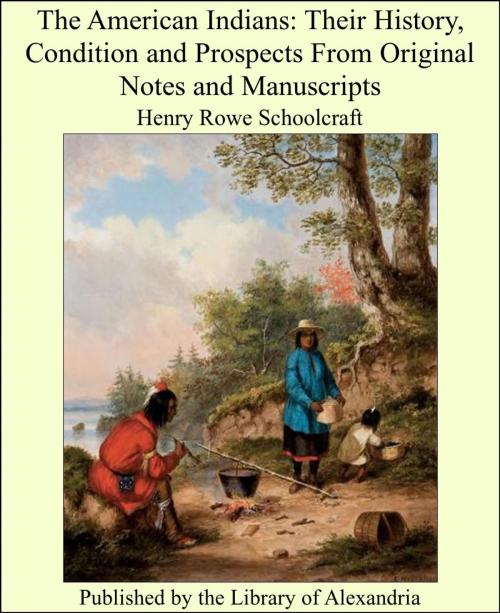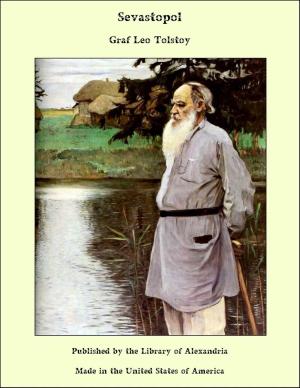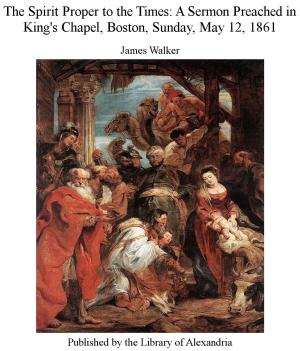The American Indians: Their History, Condition and Prospects From Original Notes and Manuscripts
Nonfiction, Religion & Spirituality, New Age, History, Fiction & Literature| Author: | Henry Rowe Schoolcraft | ISBN: | 9781465537829 |
| Publisher: | Library of Alexandria | Publication: | March 8, 2015 |
| Imprint: | Language: | English |
| Author: | Henry Rowe Schoolcraft |
| ISBN: | 9781465537829 |
| Publisher: | Library of Alexandria |
| Publication: | March 8, 2015 |
| Imprint: | |
| Language: | English |
It is now twenty-six years since I first entered the area of the Mississippi valley, with the view of exploring its then but imperfectly known features, geographical and geological. Twenty-two years of this period have elapsed since I entered on the duties of an Executive Agent for the United States Government in its higher northern latitudes among the Indian tribes in the west. Having devoted so large a portion of my life in an active sphere, in which the intervals of travel left me favourable opportunities of pursuing the languages and history of this branch of the race, it appears to be a just expectation, that, in sitting down to give some account of this people, there should be some preliminary remarks, to apprise the reader how and why it is, that his attention is recalled to a topic which he may have supposed to be well nigh exhausted. This it is proposed to do by some brief personal reminiscences, beginning at the time above alluded to. The year 1814 constituted a crisis, not only in our political history, but also in our commercial, manufacturing, and industrial interests. The treaty of Ghent, which put a period to the war with England, was a blessing to many individuals and classes in America: but, in its consequences, it had no small share of the effects of a curse upon that class of citizens who were engaged in certain branches of manufactures. It was a peculiarity of the crisis, that these persons had been stimulated by double motives, to invest their capital and skill in the perfecting and establishment of the manufactories referred to, by the actual wants of the country and the high prices of the foreign articles.
It is now twenty-six years since I first entered the area of the Mississippi valley, with the view of exploring its then but imperfectly known features, geographical and geological. Twenty-two years of this period have elapsed since I entered on the duties of an Executive Agent for the United States Government in its higher northern latitudes among the Indian tribes in the west. Having devoted so large a portion of my life in an active sphere, in which the intervals of travel left me favourable opportunities of pursuing the languages and history of this branch of the race, it appears to be a just expectation, that, in sitting down to give some account of this people, there should be some preliminary remarks, to apprise the reader how and why it is, that his attention is recalled to a topic which he may have supposed to be well nigh exhausted. This it is proposed to do by some brief personal reminiscences, beginning at the time above alluded to. The year 1814 constituted a crisis, not only in our political history, but also in our commercial, manufacturing, and industrial interests. The treaty of Ghent, which put a period to the war with England, was a blessing to many individuals and classes in America: but, in its consequences, it had no small share of the effects of a curse upon that class of citizens who were engaged in certain branches of manufactures. It was a peculiarity of the crisis, that these persons had been stimulated by double motives, to invest their capital and skill in the perfecting and establishment of the manufactories referred to, by the actual wants of the country and the high prices of the foreign articles.















